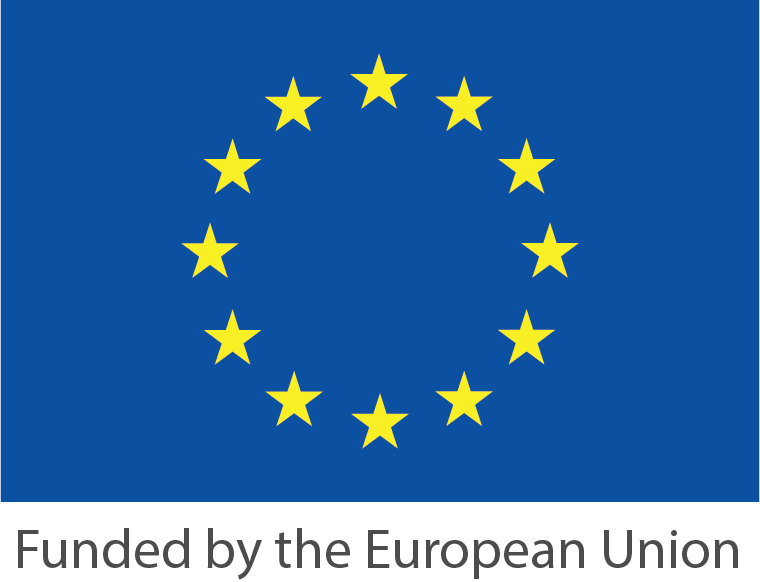Zimbabwe livestock production systems project gears up for final phase
A recent hybrid (virtual and in-person) meeting of more than 50 researchers and representatives of the European Union (EU), national agricultural research system and non-governmental organizations in Zimbabwe, has charted the way forward for the Improved Livestock Production Systems-Zimbabwe (LIPS-Zim) project. The annual review and planning meeting discussed strategies for scaling up improved livestock production technologies to benefit more farmers during the remainder of the project, which closes in December 2023.
The project stakeholders and partners gathered at the International Crops Research Institute for the Semi-Arid Tropics (ICRISAT) Matopos Research Institute, 30 km outside Bulawayo, Zimbabwe’s second-largest city on January 18-19, for the annual review and planning meeting. They reviewed project progress and achievements, shared lessons learned, and deliberated on how to improve the implementing of project activities in the next two years.
‘Despite the challenges posed by COVID-19, we achieved some of our 2020 targets including conducting situation analyses, revising the log frame, piloting scalable technologies (forage demonstration trials) on farms, and rolling out farming systems typologies,’ said Sikhalazo Dube, the International Livestock Research Institute (ILRI) LIPS-Zim project coordinator.

The four-year (January 2020 to December 2023) EU-funded project focuses on increasing agricultural productivity in Zimbabwe’s semi-arid agro-ecological regions IV and V. It is increasing adoption of climate-relevant innovations in livestock-based production systems and improving surveillance and effective control of livestock diseases. The LIPS-Zim project implementing partners are the International Maize and Wheat Improvement Center (CIMMYT), the French Agricultural Research Centre for International Development (Cirad), the University of Zimbabwe and ILRI.
The livestock sub-sector, one of the most important arms of the agricultural industry in Zimbabwe,contributes to the livelihood of 70% of the country’s rural poor. The sustainability of livestock production in Zimbabwe, like elsewhere in the world, depends on the maintenance of healthy and productive animals, which requires paying attention to the problems of both endemic and sporadic zoonotic diseases. To better control and estimate the increasing risks posed by increasing prevalence of animal diseases and zoonoses to the sub-sector, the country needs to strengthen its animal health and animal disease management systems.
Discussions at the two-day meeting cast a spotlight on how LIPS-Zim’s research will be enhanced through improved staff motivation and retention to ensure continuity. ‘While we will continue to be a research project, we will ensure that our research efforts lead to development outcomes,’ said Dube. He urged the partners to support the enrolling of as many students as possible in higher education livestock research and development programs within the Production and Conservation in Partnership (PCP) platform to build a new generation of qualified researchers in the country.
Various ways to ensure LIPS–Zim achieves its development outcomes within and beyond the intervention communities using research (which is LIPS-Zim’s comparative advantage) were agreed on at the meeting.

Daud Ndhlovu of the University of Zimbabwe's Faculty of Veterinary Sciences, said ‘participants had a better appreciation of the available opportunities in the project. ‘’We will adjust our plans, focus on shared goals, and synthesize results. Now is the time to scale-up by taking our research to farmers through extension.’’
Acting Chief Director in the Department of Research and Specialist Services, Dumisani Kutwayo, said, ‘the planning meeting would enable government workers to strengthen synergies with partners and end users in the project, which complements the government’s Livestock Growth Plan.’
Key outcomes of the meeting included the need for the project team to evaluate and adjust plans and various project-wide themes, ensure that scientific evidence from the livestock production systems research is completed and results published, emphasize monitoring and evaluation, and update the project communication strategy to match the revised project log frame.
Participants also agreed to consolidate activities during the 2022-2023 period and document scientific outputs for all the research conducted and synthesise the lessons learned.
To achieve these, each thematic area and the project as a whole is expected to prepare, within the approved budget, a revised work plan for the remainder of the project. The project management team will use these work plans to set priorities for the next two years and decide the activities to phased out.
Participants also agreed to consolidate activities achieved in 2022-2023 and document learnings.
Visit the LIPS-Zim website for more information: https://lips-zim.org/.




